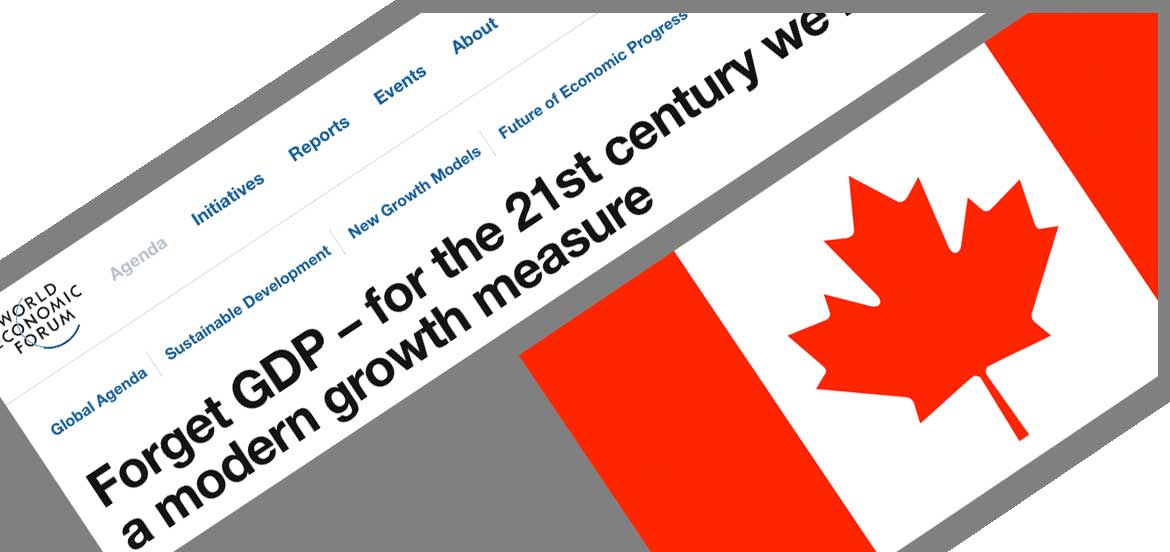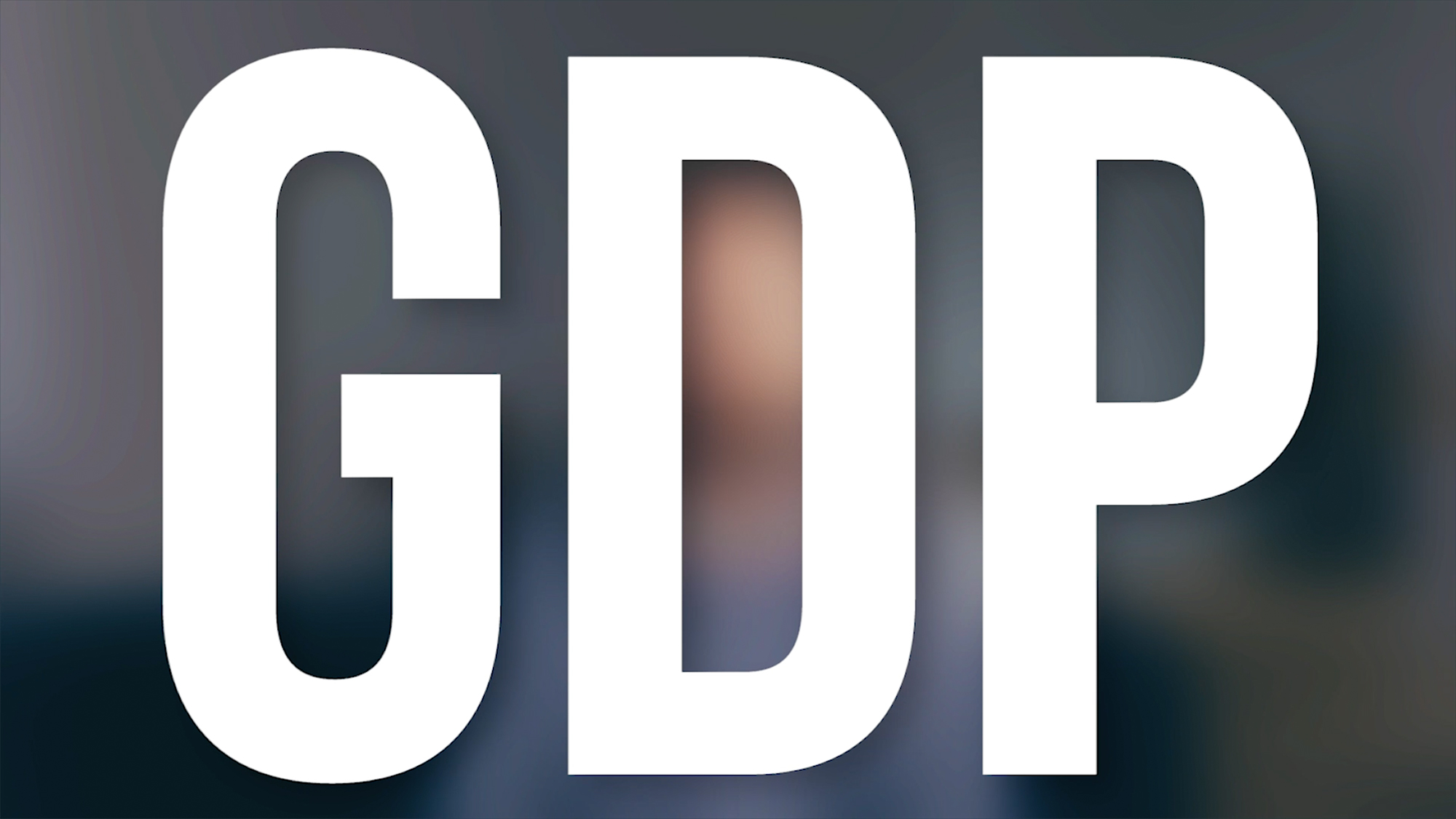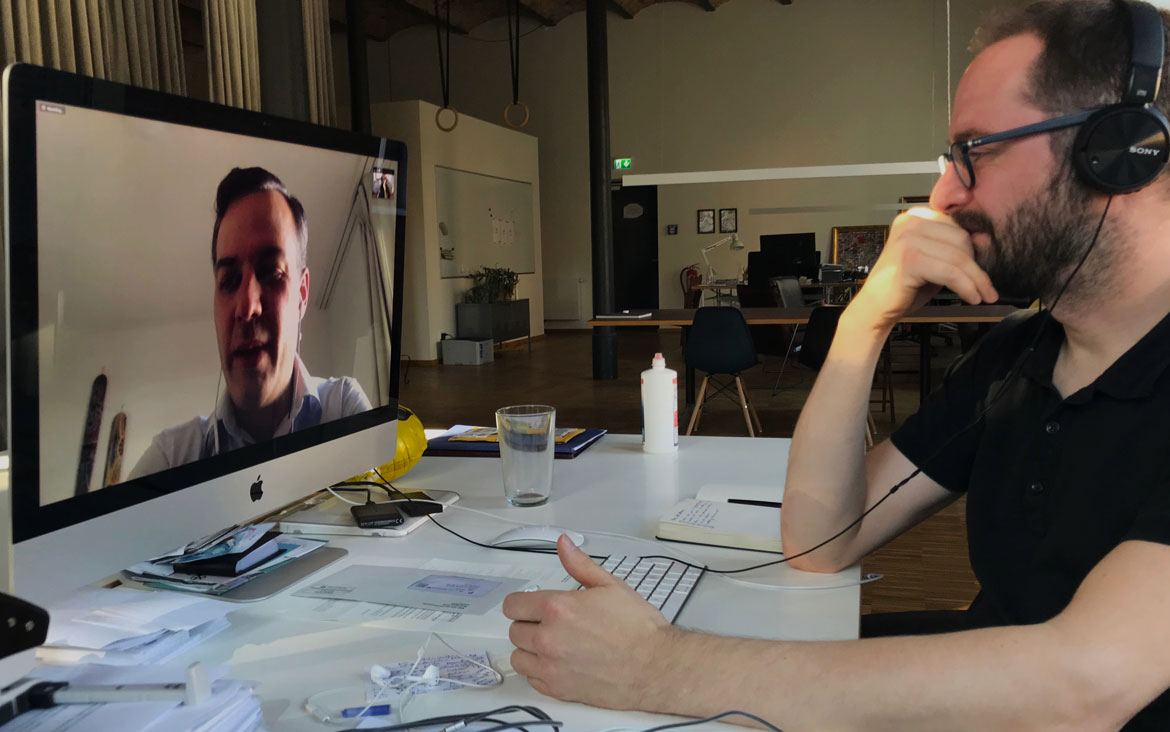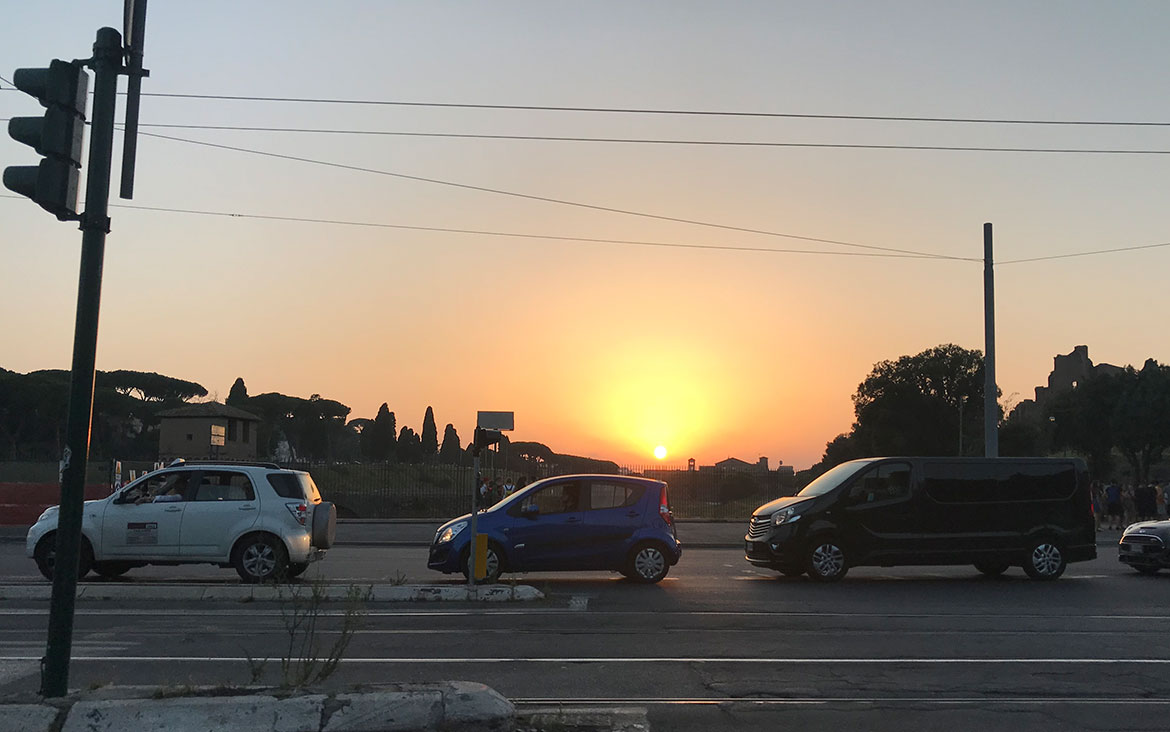In some parts of Africa, poor families are cutting down wild trees so they can live their lives — for cooking and heating; they have nothing else to burn. As a result, the vegetation goes away, the desert expands, and slowly but surely it is making more and more land uninhabitable. Additionally, those trees that are cut can no longer take CO2 out of the atmosphere through photosynthesis, so the process also contributes to climate change.
The German non-profit Atmosfair have found a way to help: They provide families in these parts of the world with very energy-efficient ovens that only need a fraction of the wood to provide the same amount of heat and cooking power.
On this blog, we’ve mentioned a number of times that we are trying to limit the climate impact of making this film (and of our lives in general). In terms of our travels, we do our long journeys with all our equipment in an electric car which we charge with renewable energy. And only in rare instances, when there is no other way for us to do it — let’s say because we need to go to South Korea for our story, or because we have to go to Scotland and have only two days for it because of other commitments — we do take a plane.
And when we do, we compensate for (or: offset) the CO2 emissions from these flights — by paying for these ovens that Atmosfair is bringing to these families.
Many people who are concerned about the climate believe that offsetting CO2 emissions is actually a bad thing — they believe it makes people feel good about something bad that they just shouldn’t be doing. And that it does not solve any climate problem. It just makes everything worse because people who compensate keep up their bad lifestyle, rather than becoming part of the solution for a better world.
There is a lot of truth to that. Flying, in particular, is especially bad for our climate. And it’s important to seriously consider any flight anybody wants to go on, and whether there is not another way to achieve the same objective. A return flight from Rome to Reykjavík, for instance, emits roughly the entire yearly CO2 budget that a human being on earth can afford to produce in a year if we want to live sustainable lives. In other words, if you’ve done that flight, theoretically you cannot really consume … well, actually, live after that.
But we would like to explain why we still go on flights, and why we believe that compensating — at least the way we are doing it — is a good compromise.
When it comes to compensating CO2 emissions, there are a lot of climate-destroying habits that should absolutely not be compensated. A good example is a steak house telling its customers that their food is “climate neutral” because they pay for compensation for their meat production. That is truly a bad idea. Our current meat consumption habits cannot go on, and there is no way of solving that problem by compensating. Instead, it falsely suggests to customers that somehow this meat isn’t so bad. Instead, we simply must get used to eating other things than meat, in order to keep earth inhabitable for humans. And we can — we do not need meat to live. The same goes for CO2-emitting cars, or for any other activity that can be carried out with alternative means.
That is a little different with flying. We cannot really live without it anymore, if we assume that encounters with people in other parts of the world and experiences abroad are good for us: Arguably, our world becomes a better place when we meet each other, when we see other places and people in far away countries. The more we establish human connections across borders, continents, disparate parts of the world, the more we will (hopefully) be able to understand that we are all part of one big family, and that our lives are connected and intertwined. If we decided to ban all flying (if that was even possible), the effects would be very negative — and I don’t mean just in terms of economic impact. I mean in terms of the effect on us as open, connected, curious human beings.
So the first point is: A lot of flying is truly and substantially wrong — a business man who thinks he needs to be flying from Frankfurt to Hamburg and back for a business conversation which could also happen by video conference is simply an idiot, climatically speaking. And so is the hipster couple that decide they “need” a weekend in Mallorca just to relax. And don’t get me started on people who fly to Paris for a day just to go shopping. But Brasilians who live in England should be able to visit their families in Brasil. A person living abroad to make money for the family back home must have a chance to go and see them. And (arguably), if we are making a documentary about how we need to change our economic system, we should be able to fly to South Korea if the story demands it.
Yes, these are moral choices. I fully acknowledge that I am making a call on what is good and what is bad travel. We must get to a point where we can have this conversation, otherwise we’re not going to make progress. “I need my freedom and anything goes as long as I can pay for it” is not a position we can maintain in a world with limited resources. We need to start arguing about what’s needed and what isn’t.
Secondly, flying will become climate-neutral. What’s necessary to make that happen are synthetic fuels — they exist already today, and they are made by taking CO2 out of the atmosphere, and combining it with other molecules, to create fuels that, when they are burned, simply return that CO2 to the atmosphere, rather than adding more CO2 to it. The problem with these fuels is that they are still very expensive to make, and for that reason, they are not widely available yet. Mass production needs to be developed. But we really have no choice — we need to make that happen.
So a CO2-neutral solution is actually already available for flying — and in that respect, flying is different from a steak. Unless we truly find a way of making synthetic steaks (which people keep talking about, but they still seems a bit far from reality), our meat consumption needs to change. Our flying habits, on the other hand, can become sustainable.
This is why we think flying is an acceptable thing to do if three conditions are in place:
- Any flight is carefully considered, and only done if there is no other means of achieving the same outcome.
- A flight is understood as what it is: something profound and rare, and not a thing we do as easily as taking a subway or a bus.
- The CO2 emissions of the flight are compensated with a provider that understands that CO2 compensation is only the last resort.
The people at Atmosfair don’t think that compensating is a good solution — they consider it only the third-best option. They consult with companies and individuals, and they primarily focus on avoiding CO2. If that cannot be done, then they will try to reduce CO2 emissions. And only as a third response to CO2 emissions, they propose to compensate. (And they will not sell compensation to the steak house mentioned above.)
As it says on their website:
For climate protection reasons, CO₂ avoidance should have priority over other measures. If it is not possible to avoid CO₂ emissions, at least measures should be taken in order to reduce them as much as possible. atmosfair can offset unavoidable emissions for you through high-quality CDM Gold Standard climate protection projects.
So, we do acknowledge that flying is currently still a very dangerous thing for our world. We believe that flights should only be taken if absolutely no other option is available, and if their meaning is truly appreciated. And finally, when we do fly, we compensate with Atmosfair, because we have met with them, and they do take this issue very seriously.
And we cannot wait for synthetic fuels to become widely available.





